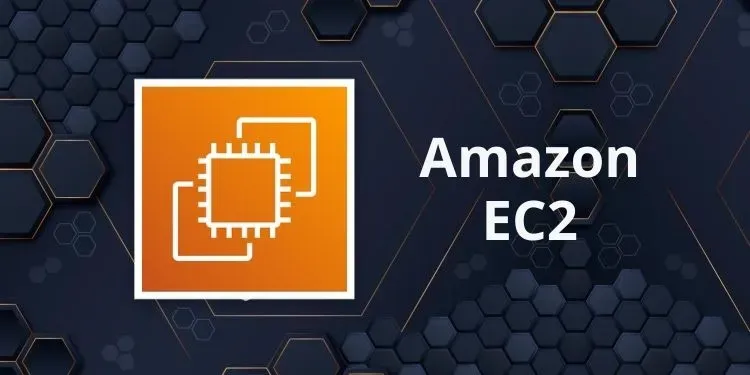Open-source tools for a DevOps

- Terraform
- Jenkins
- Docker
- Kubernetes
- Ansible
Terraform

Terraform is an open-source infrastructure as a code software tool that provides a consistent CLI workflow to manage hundreds of cloud services. Terraform codifies cloud APIs into declarative configuration files. Write infrastructure as code using declarative configuration files. HashiCorp Configuration Language (HCL) allows for concise descriptions of resources using blocks, arguments, and expressions. Run terraform plan to check whether the execution plan for a configuration matches your expectations before provisioning or changing infrastructure. Apply changes to hundreds of cloud providers with terraform apply to reach the desired state of the configuration.
The friendly and cultured environment of rejoicing is like a cherry on the cake. My colleagues taught me that how can I handle multiple projects solely, how can I improve my logical things, how should I communicate with my clients, how can I get the prerequisite of any projects and demands of my clients.
Want to gain deep knowledge about terraform then visit on spacelift.
Jenkins

Jenkins is an open-source Continuous Integration server written in Java for orchestrating a chain of actions to achieve the Continuous Integration process in an automated fashion. Jenkins supports the complete development life cycle of software from building, testing, documenting the software, deploying, and other stages of the software development life cycle. Jenkins is a widely used application around the world that has around 300k installations and growing day by day. By using Jenkins, software companies can accelerate their software development process, as Jenkins can automate build and test at a rapid rate.
Docker

Docker, the software, is a free and open-source platform used to build, ship, and run an application as a lightweight container. Containers package up the binaries, libraries, configuration files, and dependencies required for a program to run. Over the past decade, containers have played a key role in agile development, and Docker containers led the revolution. At its core is the Docker Engine. Docker Hub is also an excellent resource for finding and sharing prepackaged functions as containers. Also, to plug container vulnerabilities, it may be helpful to use open-source container auditing tools like Docker Bench or Anchore.
Kubernetes

With the ubiquity of microservices and container-based software, it’s no surprise that Kubernetes tops this year’s list of open-source DevOps tools. Kubernetes, adoption of which rose by 48% in 2020, is used to orchestrate containers. Instead of releasing microservices manually, Kubernetes can automate deployment, maintenance, and scaling of groups of containers in production. Kubernetes, sometimes written as K8s, is hosted by the Cloud-Native Computing Foundation (CNCF).
Ansible

Ansible is all about automation. Ansible, an open-source project sponsored by Red Hat, can be used to automate things like cloud provisioning, networking, deployment, configuration management, and other tasks. Ansible has a simple yet effective architecture that is relatively easy to assemble — all you need is a text editor and command line. You describe your infrastructure in a text document and organize your desired states in a playbook. For an example in practice, see how OpenIO uses Ansible. “Ansible is our standard tool not only to deploy the OpenIO core, but also our WebUI, OIO-FS, and all upcoming options,” writes Cédric Delgehier, Ops at OpenIO.

